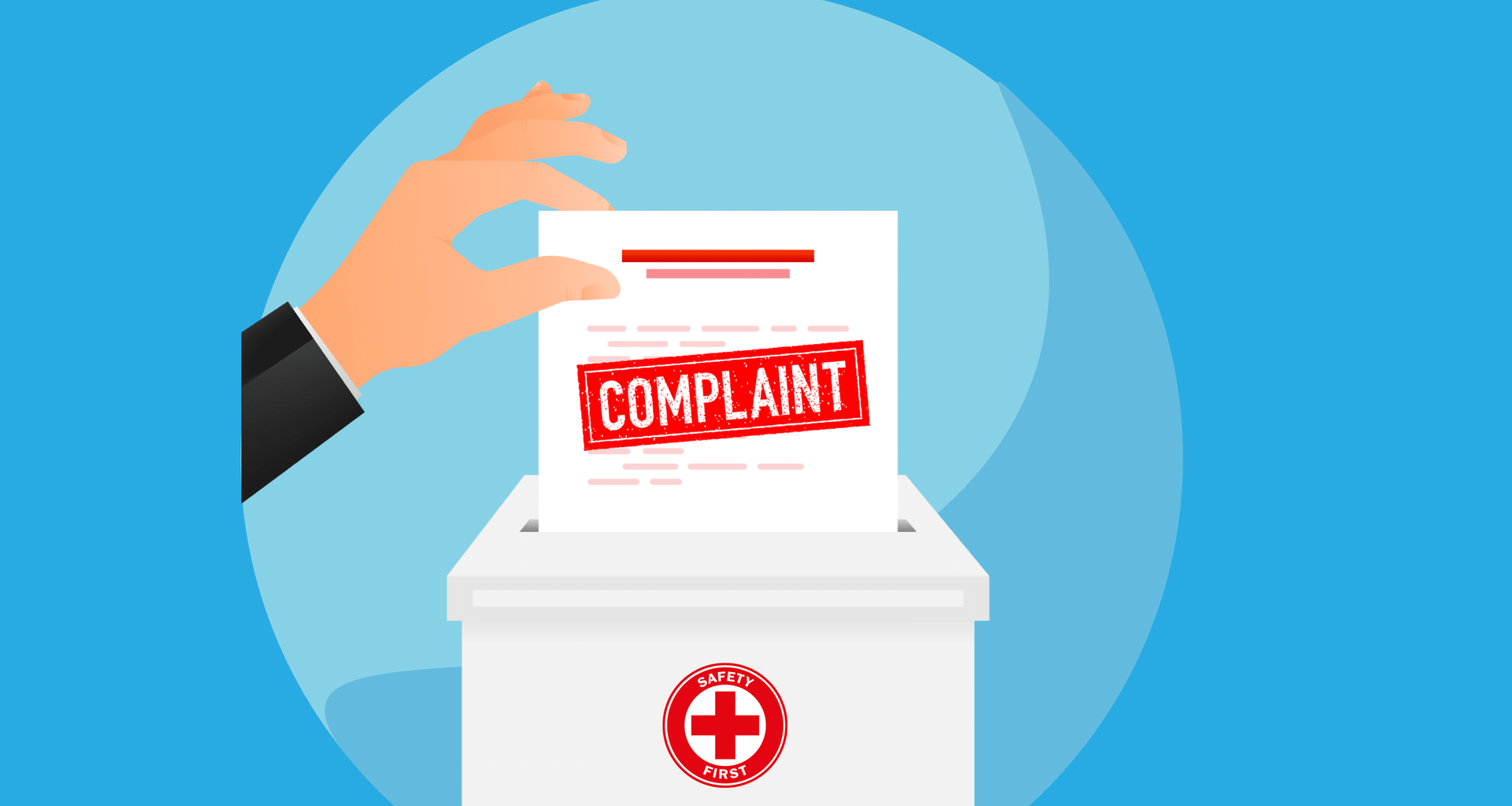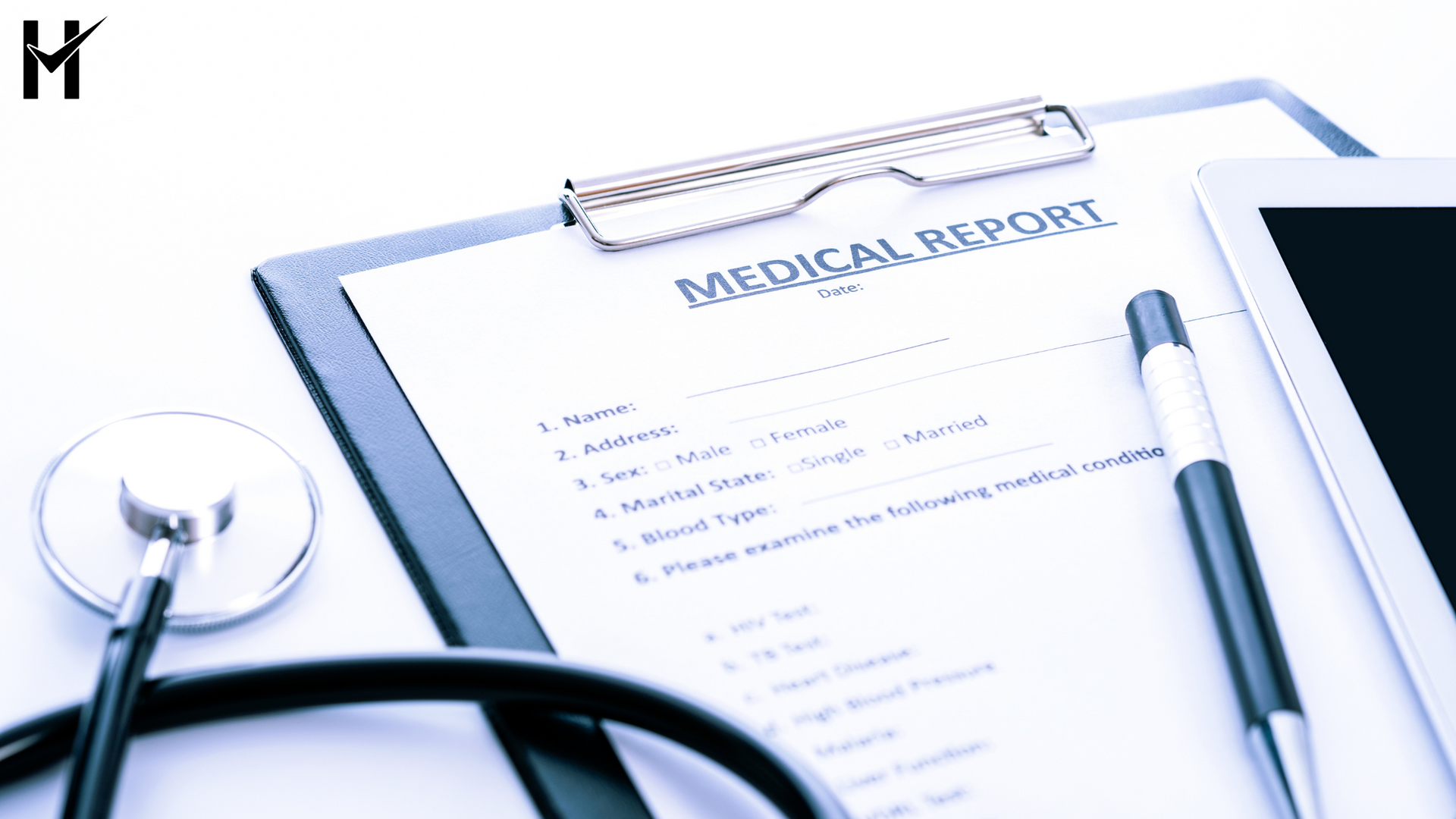
Why You Need HIPAA Training
You know the importance of HIPAA (Health Insurance Portability and Accountability Act) for maintaining the privacy and security of your patient’s information. But are you up to date on new regulations? Does your staff know and understand their responsibilities and their accountability for patient data? Do you know what to do if there is a data breach? Has your liability been minimized because everyone in your practice is doing what they should?
HIPAA is a law that makes healthcare clinics and their employees accountable for health data and for keeping it private and confidential. It can be incredibly complicated, vague, and confusing. Unsecured protected health information (PHI) has affected millions of patients over the last decade. These breaches and violations cost businesses millions of dollars in lost productivity, patients, and revenue each year. Most of these breaches are preventable.

Who Needs HIPAA Training?
Everyone in healthcare who encounters patient data must receive training on general HIPAA compliance and specific business policies and procedures within the first 10 days of being hired and annually after that. Additional training should be conducted when there are technology or policy changes. HIPAA compliance is an ongoing process.
Business Associates who access or use patient PHI must implement security awareness and training for their workforce.
Here are five reasons HIPAA training is essential for every healthcare practice!
1. Reduces the Risk of HIPAA Violations
Employees cause approximately 75% of HIPAA data breaches in healthcare. Most of these disclosures are due to inadvertent actions, not knowing or following specific policies and protocols, and accidentally letting hackers into the system.
All workforce members must have a basic understanding of HIPAA to be compliant. Security awareness training helps staff recognize and prevent potential cyber-attacks. Your practice’s security position to minimize attacks is improved.
The purpose of the training is to give staff an understanding of HIPAA-related policies and security rules to perform their roles and avoid mistakes that could lead to disclosures and violations.
With practical HIPAA training, staff members better understand their accountability concerning patient PHI. It encourages more specific policies and procedures in the practice so that everyone follows the same standards. This leads to more efficiency and employee satisfaction because their role is clear. A more standardized experience is established and maintained for the patient.
The cost of HIPAA training pays for itself in increased productivity, predictable care for patients, Medicare star ratings, and profitability.
2. Minimizes Your Professional Liability
The HIPAA security and privacy rules carry a moral obligation to protect patient privacy. Along with that are hefty fines and citations if non-compliance becomes an issue. Companies can be fined hundreds of thousands of dollars, and individuals can lose their licenses. This is detrimental to the financial bottom line and damaging to reputations.
If there is a disclosure or breach, depending on the circumstances, it may need to report to the HHS Office of Civil Rights. If they investigate, they will consider your ‘good faith effort’ to achieve HIPAA compliance through privacy and security policies and documented training. Your efforts may decrease sanctions or even avoid them altogether.
If you value the professional integrity of your healthcare practice, HIPAA training provides peace of mind that all employees know how to protect patient information, thus minimizing your liability.
3. Laws and Requirements are Constantly Changing
Knowledge is power, and technology is ever evolving-evolving. New technology often requires added privacy and security of electronic data. Under HIPAA rules, all healthcare professionals should know and follow governmental regulations to protect their patients’ information. Following these rules includes staying current on technology to increase cybersecurity and minimize inappropriate disclosures of patient PHI.
The ONC Cures Act came out in 2016 and is an add-on to the HIPAA rules. It requires patients to have more access to their data to be better informed and involved in their own care. Healthcare practices and their staff need to understand what’s involved and how they should react.
HIPAA training should cover current technology and recent rule changes. Keeping up with this is a daunting task. Keep your staff focused on patients and find a competent compliance company to conduct your HIPAA training.
4. Decreases Anxiety and Frustration of Staff
Everyone in healthcare must know and understand HIPAA privacy and security rules. Unfortunately, many individual employees do not understand these regulations. As a result, they turn to supervisors and managers for guidance. This can be frustrating and overwhelming for managers who already have a full plate.
All levels of healthcare must be trained and empowered to protect patient PHI. This training helps workers better understand their role in compliance so they can take ownership of it.
Ethical values require a top-down approach. Owners and managers must make privacy and security a priority. Management commitment ensures patients and staff feel safe and comfortable within the clinic.
5. Increases Standards of Patient Care
When a patient trusts their healthcare provider, they tend to be more open about sharing symptoms and health concerns. This increases the accuracy of diagnosis and improves overall patient outcomes. Healthcare workers know some of the most intimate details of individual’s lives. You are highly trusted and honored for that. Don’t take this lightly.
Most healthcare workers and owners want to help people. They also have a substantial value for integrity and fairness. Invading someone’s privacy is generally considered a personal violation and betrayal. Patients can incur severe financial and emotional damage when their information is exposed and misused.
Neglecting a patient’s privacy and security or care downgrades the integrity of your company and your staff. It compromises ethics and overall compliance. Patient care is everyone’s responsibility and includes their physical and emotional well-being and protection of their PHI.
HIPAA training can help to create loyal patients through efficient, effective standard operating procedures. Improve patient outcomes by defending your security system and training your staff.
Conclusion
Staying in compliance with HIPAA can be tricky. The proper training develops an understanding of HIPAA accountability and empowers staff to make good decisions. HIPAA training will reduce your risk of HIPAA violations, minimize professional liability, increase knowledge, decrease anxiety, and improve patient outcomes.
HIPAA certification demonstrates that you conduct business ethically according to the law. It builds trust and improves your company’s reputation with patients and the community. It will also likely minimize fines if your company goes through a security breach or cyber-attack.
A reputable HIPAA training and support company can assist you on your ever-evolving compliance journey.
We Got You!
We, at Healthcare Compliance Associates, live and breathe compliance so you don’t have to.
We develop and conduct engaging training programs (onsite, virtual, and online), create practical checklists to make compliance easier, provide monthly newsletters with updates to stay informed, assist with setting up plans and policies, and provide personalized support to help in an inspection and with day-to-day challenges. Basically, we keep your employees working and focused on areas that help your patients and generate income. Not focused on compliance.
In just 30 days, everyone in the office can be compliant, and it
can cost less than $5 per day, depending on the size of your business.











